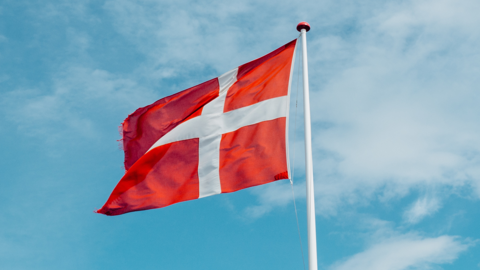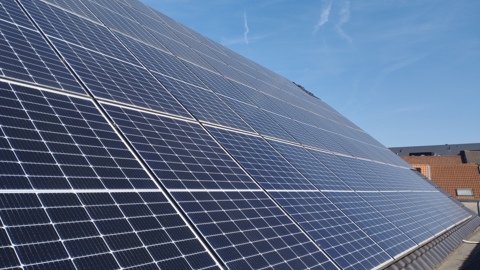Find Interreg programmes
Discover Interreg programmes through the interactive map below. Filter by country, thematic objectives or type of programme to find the information you need. Data is provided by keep.eu.Programmes
Select Programme type
Legend
Need more information about Interreg programmes?
Looking for deeper insights? Learn more about the thematic objectives driving Interreg programmes, or explore the different types of programmes available, to find the one that best suits your needs.
Explore news & stories
Dive into more relevant stories that made a difference in the area.
Join an online event showcasing Interreg projects with Romanian partners
The Interreg Europe programme national contact point in Romania is hosting an online event to highlight inspiring projects from various Interreg programmes involving Romanian partners.
27 June 2025
Discover the Central Baltic Region this summer
From historic cities to pristine archipelagos, the Central Baltic region offers a wealth of experiences for travelers seeking both relaxation and adventure.
25 June 2025
Denmark to lead EU Council with focus on security, competitiveness and green transition
Ahead of taking over the six‑month rotating Presidency of the Council of the EU on 1 July 2025, Denmark has unveiled its programme priorities online, focusing on a 'secure, competitive and green Europe' to face 'a new international order marked by uncertainty, global strategic and economic competition, and rising levels of conflict.'
19 June 2025
Ireland accelerates energy efficiency with new technologies
The world’s consumption of energy is constantly rising and is projected to increase by 4% annually through 2027 - a worrying trend as global warming continues to disrupt communities worldwide.
19 June 2025